SUMMARY
This is AI generated summarization, which may have errors. For context, always refer to the full article.
![[OPINION] An apology on behalf of the Filipino American community in Hawaii](https://www.rappler.com/tachyon/2021/04/ispeak-Iremamber-Sykap-ls-1.jpg)
This is my story about what happens on a daily basis in Hawaii from the perspective of a Filipino American (FA).
The system in Hawaii pushes FAs and other immigrant communities to not care or have the time to consider what’s happening around them. Contrary to what Philippines-based Pinoys may believe, the police here are just like the PNP, and the government at the LGU and federal level are levers of oppression for FAs and other migrant populations. I hope that through my story, the situation will make more sense, and that if you don’t have the time to help us, that you make the time.
I wrote this as a direct result of a young child’s murder. Iremamber Sykap, aged 16, was killed by the Honolulu Police Department on April 5, 2021. The killing was a culmination of racial stereotypes, systemic failures, and lack of education in the Hawaii community, which Filipinos are a major part of, against Micronesians and other Pacific Islanders like Iremamber.
Filipinos as a migrant community came before the mass immigration of Micronesians, Marshallese, and other Pacific Islander nations. After World War II, when the United States detonated nuclear bombs to test their effects in places like Bikini Atoll, this meant many of these Micronesians, Marshallese, and other Pacific Islanders had to find new homes here in Hawaii, bringing with them the health and economic problems from their irradiated homes. Much like us, they wanted a better life, but instead were greeted with hate and racism – including from Filipino Americans.
FAs would comment on them often. Tamad sila. Mga siga sila. Nakakatakot sila. Laging sila ang suspek sa krimen.
We know, though, that hunger makes the best criminals and thieves. This is what Iremamber Sykap was shot for – the accusation of stealing, probably to stay fed, or to have decent shelter in an overly expensive housing market inflated through tourist attractions. Mahirap sila, at walang tumutulong sa kanila.
This brings me to the story of a Pacific Islander I personally knew. Mike was someone I wanted to be friends with. Magaling siya sa basketbol. Mike’s footwork worked well even in slippers on a blacktop court, something people who grew up in barangay courts can relate to. Unlike most people, Mike helped me with my struggles to get on a basketball team. Few thought a boy with a vision disability, isang bulag, could be successful in the sport, and even fewer treated me with kindness and respect.
Like many Filipino immigrant children, I was without my parents a lot, as they were usually asleep from overworking just to feed my brothers and me. I would just play basketball at the park to pass the time until Papa had to leave for his overnight shift. I was lucky enough to have my parent’s flip phone to help me feel safe. Little did I know that I would be far from safe, and that the people I intended to call if there was any trouble were the real terrorizers.
Mike and I were playing in the park one day when my phone rang.
I answered the phone with,“‘Hi, this is Mrs. S’s son. She’s sleeping right now. Call later please.’”
Instead of asking about where my mom was or what was happening, I was greeted with, “This is the 911 operator. You called saying that someone was getting raped.”
At that age, I didn’t even know the word rape and had to ask what it even meant, but even then the fact that they said it terrified me.
Did we commit a crime? Were we bad people? Ano’ng ginawa namin? Masamang tao ba kami?
No, we weren’t. We were kids. Bata palang kami noon.
A few minutes later, three police vehicles with multiple officers arrived at our quiet neighborhood park. Screaming, they dashed out of their cars without even closing their doors, drawing their firearms on us.
I froze. I didn’t know how to react. The situation didn’t compute in my developing brain. To this day, the sight of those officers’ guns is still very clear in my memory. Hanggang ngayon, natatakot pa rin ako.
Mike tried to take charge as I and the other children started crying.
A bald officer who looked Filipino quickly asked, “What’s your name? Where are you from?”
As if where anyone’s from was a bad thing. Mike said something along the lines of, “We’re young kids just playing basketball. I don’t know what happened. I promise.”
Mike’s real name is a name that is obviously islander in origin, and the officer reached his own conclusions and made it a point to intimidate him.
“Ah Mike (Surname), you’re Micronesian aren’t you? Do you want me to send you back? Send your family back?”
That is exactly what that officer said to Mike, in front of young, impressionable children.
Those officers believed it was okay to intimidate a child and promote hate to kids. If there were good apples in the bunch, where were they when the officers drew their guns on the children, or when these children were crying? Why didn’t they try to comfort us or try to make us feel safe, protected, served?
I couldn’t speak up then, and hadn’t been able to for a long time. But I know now that it’s important to tell this story, and whatever stories we have about racism and the police. I hadn’t realized until recently that this was trauma we were all carrying.
These events are a reflection of how bad racism, the police, and the entire system is in Hawaii and the USA. Paradise is not perfect. Ignoring that does a disservice to everyone here who has to struggle to be happy, successful, stay fed, or feed their families. It was not safe even in the smaller community that Mike and I grew up in, where supposedly everyone knew everyone and the officers were our neighbors, family members, church congregation members, etc.
Mike, you didn’t deserve to be treated like that. I’m sorry that I didn’t stand up for you like you did for me against my bullies. What the cops did to us was in fact bullying. They used their authority and weapons to strike fear into us.
Kailangan nating ipaglaban ang isa’t isa. We need to defend each other. I encourage you all to educate yourselves on how best to defend our brothers, sisters, and children. Hindi nababawi ang buhay. We can’t bring lives back. What we can do is fight to protect them.
To the friends and family of Iremamber Sykap, on behalf of the FA community, I am sorry that we have failed and hurt you. – Rappler.com
Karl Jason Calimag is a visually disabled, second generation Filipino American student activist, living in the occupied state of Hawaii in the United States.
Add a comment
How does this make you feel?
![[OPINION] Anti-Black attitudes among Filipinos, in the context of the U.S. Empire](https://www.rappler.com/tachyon/2020/09/ispeak-640_5C45D3B3DBF8421F913418953B78A4DD.jpg?fit=449%2C360)
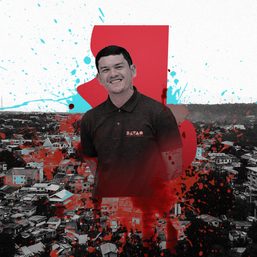
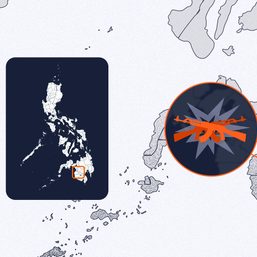
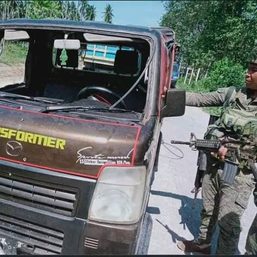
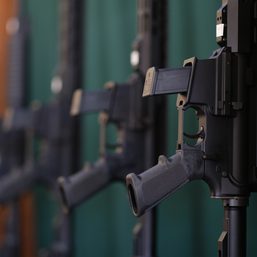
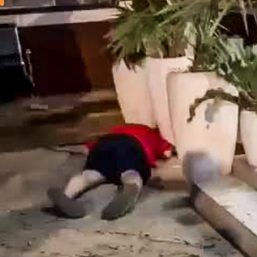
![[EDITORIAL] Hustisya sa Jemboy case: Tinimbang ka ngunit kulang](https://www.rappler.com/tachyon/2024/03/animated-jemboy-baltazar-killing-verdict-carousel.jpg?resize=257%2C257&crop=257px%2C0px%2C720px%2C720px)
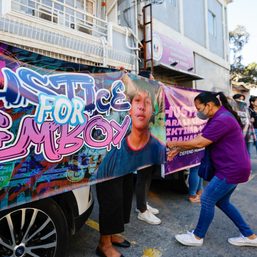
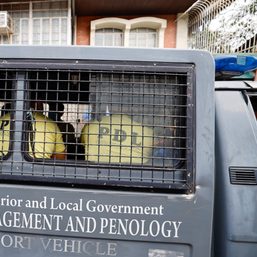
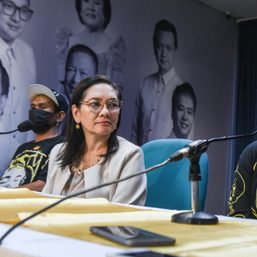
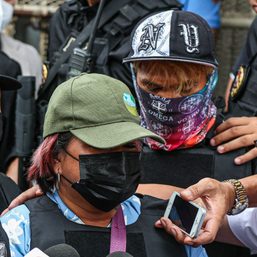

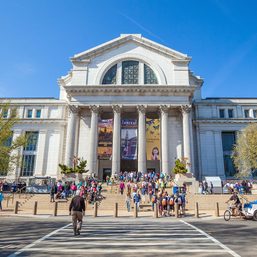
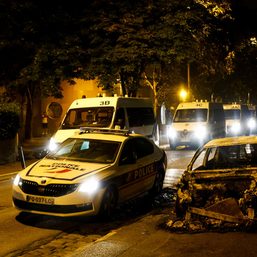
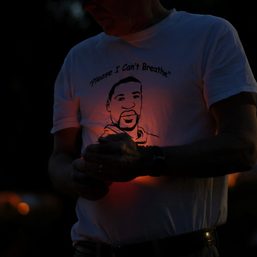
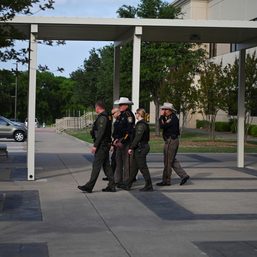
There are no comments yet. Add your comment to start the conversation.